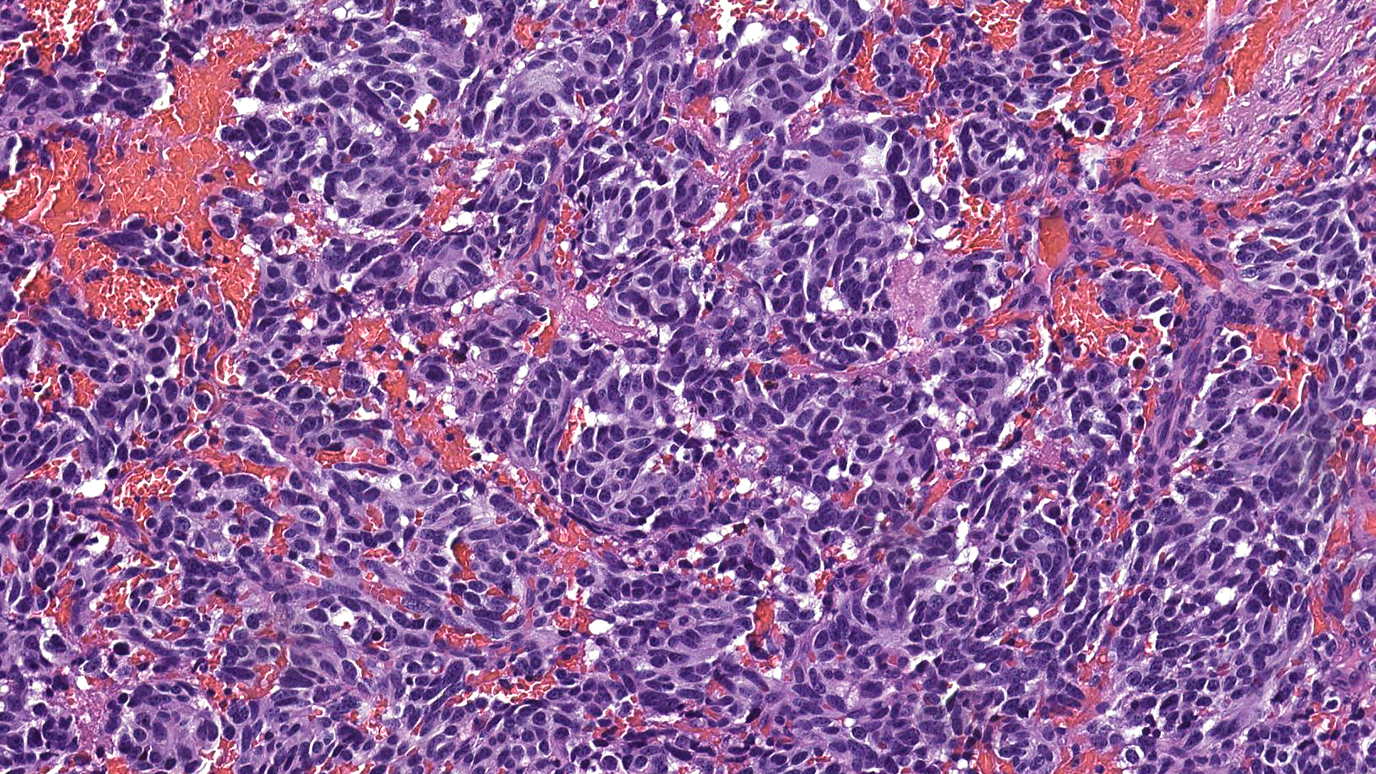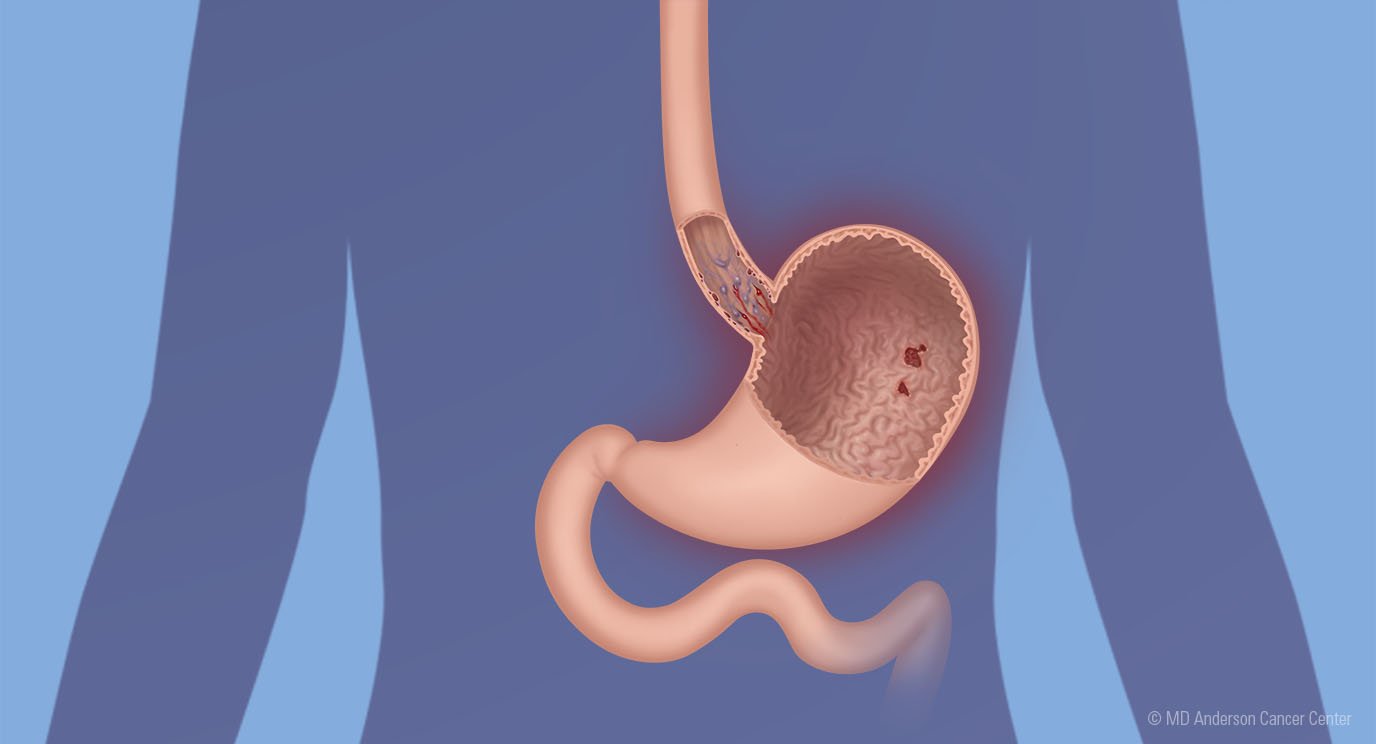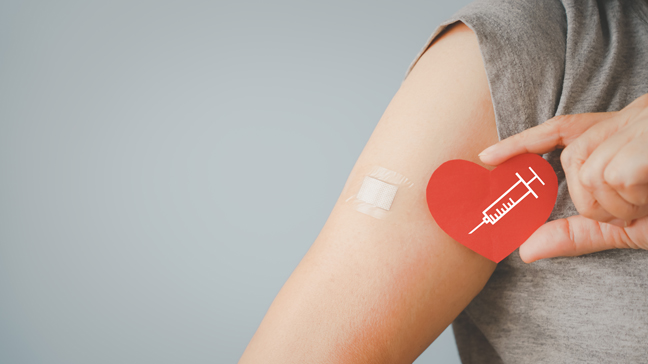- Diseases
- Acoustic Neuroma (14)
- Adrenal Gland Tumor (24)
- Anal Cancer (68)
- Anemia (2)
- Appendix Cancer (16)
- Bile Duct Cancer (26)
- Bladder Cancer (72)
- Brain Metastases (28)
- Brain Tumor (230)
- Breast Cancer (720)
- Breast Implant-Associated Anaplastic Large Cell Lymphoma (2)
- Cancer of Unknown Primary (4)
- Carcinoid Tumor (8)
- Cervical Cancer (158)
- Colon Cancer (164)
- Colorectal Cancer (114)
- Endocrine Tumor (4)
- Esophageal Cancer (44)
- Eye Cancer (36)
- Fallopian Tube Cancer (8)
- Germ Cell Tumor (4)
- Gestational Trophoblastic Disease (2)
- Head and Neck Cancer (8)
- Kidney Cancer (126)
- Leukemia (344)
- Liver Cancer (50)
- Lung Cancer (288)
- Lymphoma (284)
- Mesothelioma (14)
- Metastasis (30)
- Multiple Myeloma (98)
- Myelodysplastic Syndrome (60)
- Myeloproliferative Neoplasm (4)
- Neuroendocrine Tumors (16)
- Oral Cancer (100)
- Ovarian Cancer (172)
- Pancreatic Cancer (164)
- Parathyroid Disease (2)
- Penile Cancer (14)
- Pituitary Tumor (6)
- Prostate Cancer (144)
- Rectal Cancer (58)
- Renal Medullary Carcinoma (6)
- Salivary Gland Cancer (14)
- Sarcoma (238)
- Skin Cancer (296)
- Skull Base Tumors (56)
- Spinal Tumor (12)
- Stomach Cancer (62)
- Testicular Cancer (28)
- Throat Cancer (92)
- Thymoma (6)
- Thyroid Cancer (96)
- Tonsil Cancer (30)
- Uterine Cancer (80)
- Vaginal Cancer (16)
- Vulvar Cancer (20)
- Cancer Topic
- Adolescent and Young Adult Cancer Issues (20)
- Advance Care Planning (10)
- Biostatistics (2)
- Blood Donation (18)
- Bone Health (8)
- COVID-19 (362)
- Cancer Recurrence (120)
- Childhood Cancer Issues (120)
- Clinical Trials (632)
- Complementary Integrative Medicine (24)
- Cytogenetics (2)
- DNA Methylation (4)
- Diagnosis (230)
- Epigenetics (6)
- Fertility (62)
- Follow-up Guidelines (2)
- Health Disparities (14)
- Hereditary Cancer Syndromes (124)
- Immunology (18)
- Li-Fraumeni Syndrome (8)
- Mental Health (118)
- Molecular Diagnostics (8)
- Pain Management (62)
- Palliative Care (8)
- Pathology (10)
- Physical Therapy (18)
- Pregnancy (18)
- Prevention (912)
- Research (396)
- Second Opinion (74)
- Sexuality (16)
- Side Effects (608)
- Sleep Disorders (10)
- Stem Cell Transplantation Cellular Therapy (216)
- Support (402)
- Survivorship (322)
- Symptoms (184)
- Treatment (1788)
Who needs a second COVID-19 vaccine booster shot?
3 minute read | Published April 07, 2022
Medically Reviewed | Last reviewed by an MD Anderson Cancer Center medical professional on April 07, 2022
You may have heard talk recently about a second COVID-19 vaccine booster shot. But if you’re confused about whether you need one — and what it is — you’re not alone.
We checked in with Chief Infection Control Officer Roy Chemaly, M.D., to learn about eligibility requirements, timing and which type of booster shot is best.
So, who needs a second COVID-19 booster shot?
Anyone age 50 or older, or anyone age 12 or older who has an underlying health condition that compromises their immune system. Both of these groups are eligible for a second booster shot and should seriously consider getting one.
Isn’t a booster shot the same thing as a third dose?
Not exactly. The Pfizer/BioNTech booster contains the same amount of vaccine as each shot held in the original vaccination series. The Moderna booster contains only half the original amount.
A third dose is identical to the first or second dose of a Pfizer or Moderna vaccine; it contains the exact same amount. Third doses are recommended for severely immunocompromised individuals, since their bodies may not have responded as robustly as the average person’s to the two-dose series.
Let’s say I’m immunocompromised and I’ve already had three full doses and a COVID-19 booster shot. Does this mean I need another booster?
If you’re immunocompromised, you are eligible to receive up to five shots:
- the original two-dose series of either the Pfizer or Moderna mRNA vaccines
- a third dose, according to the CDC’s timing recommendations
- a first booster shot (no earlier than 3 months after the third dose)
- a second booster shot (no earlier than 4 months after the first booster shot)
So, as of right now, you could receive five shots in all.
Is it better to get a second booster shot now, or wait until another COVID-19 variant emerges and/or researchers complete clinical trials with updated vaccines?
Why wait? If and when another COVID-19 variant might emerge is impossible to predict. It may or may not ever happen. But waning immunity is real. And it’s happening right now. So, you can still get COVID-19, especially if you’re at high risk. The pandemic isn’t over yet. That’s why I say, do it now. That way, you’ll be as protected as possible if another variant does arise.
Is it OK to mix and match my COVID-19 vaccines?
My personal preference is to stick with the same type of vaccine you initially received, if it’s available. And the CDC recommends choosing one of the mRNA vaccines (Pfizer or Moderna) for your first booster shot in most cases.
But it’s fine to mix and match vaccines between your initial series/single-shot regimen and your first booster. The data show no difference in efficacy or safety between people who consistently received their vaccines from one manufacturer and those who mixed and matched their vaccines.
That being said, the second booster shot MUST be one of the mRNA vaccines — either Pfizer or Moderna — because we have no data yet on the efficacy or safety of additional doses for the Johnson & Johnson/Janssen vaccine from the Food & Drug Administration (FDA).
What’s the one thing you want people to know about booster shots?
We’re actually not doing too well nationally, in terms of people getting their COVID-19 booster shots. Getting vaccinated, we’ve accomplished quite a bit, at least when it comes to health care workers. So, right now, it’s all about boosting.
The value of getting boosted is undeniable: it’s already proven to increase immunity, decrease transmission rates, and reduce the overall chances of severe infection, hospitalization and death. That’s why I would encourage everyone to get boosted at least once.
Request an appointment at MD Anderson online or by calling 1-833-890-0682.
Related Cancerwise Stories

Right now, it’s all about boosting.
Roy Chemaly, M.D.
Chief Infection Control Officer





